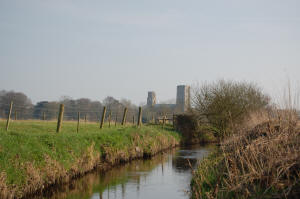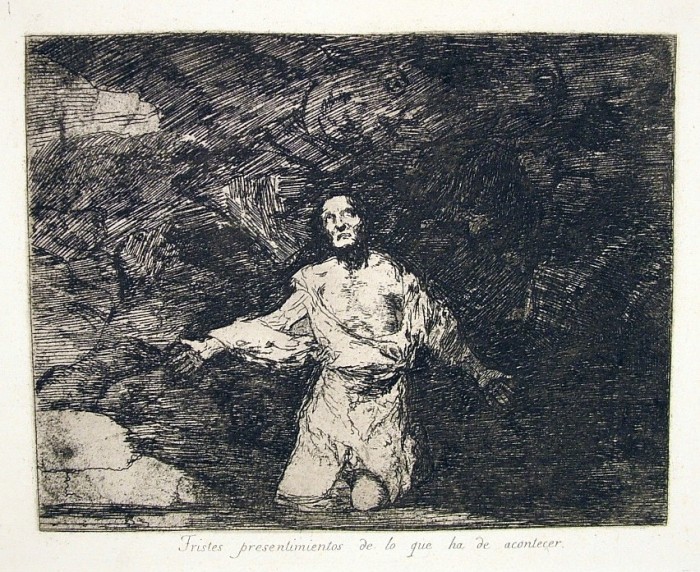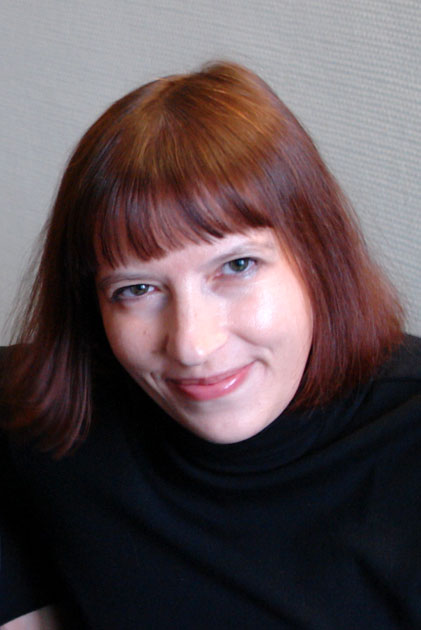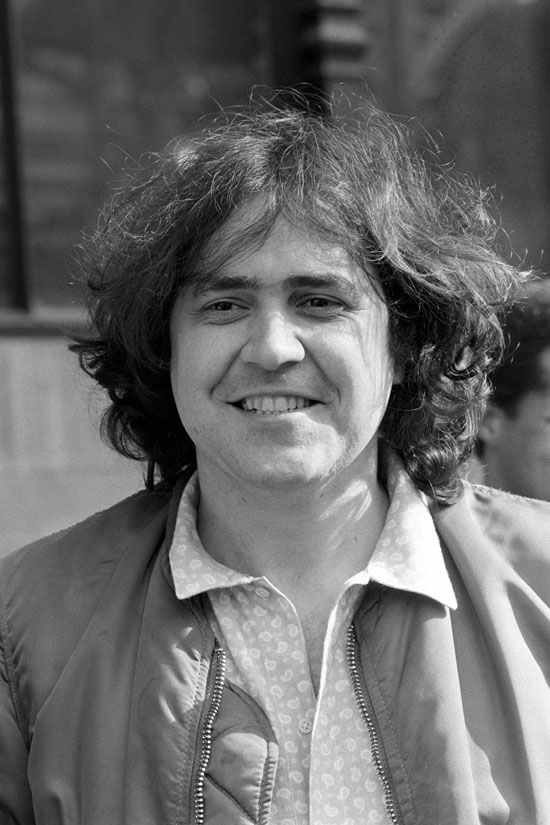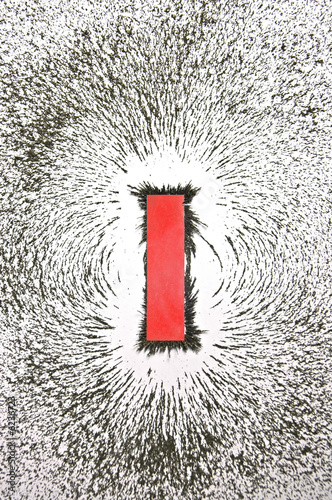
Seeing LK off at the station early this morning and spending the rest of the day translating Yudit Kiss's The Summer My Father Died, it is hard not to reflect a little on what I am doing and why. And beyond that to wonder what has happened to me - is happening to me - as a result of some twenty-six years of translation.
The question of what translation does to the translator is rarely asked, chiefly because no one cares. As to why they don't care, one answer might be that the translator exists only as a window onto something else. You don't spend time at a window looking at the glass, not even if the glass is not absolutely clear or straight. It doesn't matter if you are, according to another occasionally used, more romantic analogy, the fine piece of silk through which two pairs of lips kiss, or the echo chamber to someone else's voice - you are still the medium. The silk is not interesting in itself, nor is the echo chamber, unless it is echoing.
The translator need not become invisible but must be aware that he or she is not the object on which eyes and ears are fixed. I rule out here translations that are essentially imitations or dialogues, where the name of the writer-translator is bigger than that of the author of the thing being translated (I mean, for instance, Shapcott's Rilke or Paterson's Machado). That is a valuable activity but it is not what I do when I am translating Hungarian. There is so little Hungarian literature available in English that I cannot big myself up in front of it or use it as a personal laboratory in which I construct works to add to my own oeuvre. I'll do it with Apollinaire or Mandelstam, with texts already established and explored, but not with obscure Hungarians who might be being met for the first time.
I ask the question about the effect of translation on the translator because I am, in my own mind, and, thankfully, in many people's minds, perhaps most people's minds, more a poet than a translator. But if I am a poet, what am I doing translating?
Consider the positive effects of translation first. Working as a translator I have come into very close contact with certain works and have, in effect, learned new ways of speaking and singing, some of which ways have soaked into my own range of voices, enriching them, offering them more possibilities. It has made those voices - voices that can seem to the outside world a single voice - more supple and more playful. I have learned a great deal about the effect of the very long sentence, about how it suspends the world before turning it into a complete event, and how its modulations can echo the flows and counterflows of sensibility and perception. I have learned some formal poetic devices, including some counter-formal devices, that show how form works against itself to become new form. I have learned about pace and distance, about intimacy and measure. Translation has been an academy of shadow devices that have slowly become my own shadow.
Translation has been a part-livelihood. Not for poetry - I have never made anything worth calling even pocket money translating poetry. Poetry was always done out of love and curiosity. But fiction and prose generally have offered a modest - extremely modest but not insignificant - supplement to a proper income. If that money was worth having, this has been a very good way of having work worth doing. Not that it is a major consideration. I could stop translating tomorrow without any real change in our circumstances.
Translation has opened the door to new territories, new people, new understandings, new travel: a different field of recognition. It has felt good to offer new life to works in a language as little spoken as Hungarian. I am glad new people have been introduced to the works of those I have translated. I am glad that those I have translated have sometimes found opportunities to extend their readership to England and other English-speaking territories. So territory. I too live here. I live here with them and I like being with them.
For myself alone, the exercise of making good poetry and prose, or maybe something even better, has been deeply satisfying. Reading some of the verses or prose works I have translated makes me feel like a good craftsman or indeed as another artist - a sort of fellow artist. I love the way certain phrases seem to have rolled into being in English, or how certain lines have found themselves airborne. Would I feel different if I were, say, a wood carver or a top engineer? I don't know. I know that language is my field, and that my fine engineering and my best carving involve words and that words are, after all, magical.
I know these to have been benefits. But that doesn't fully answer the question of how they have changed me - how they might change any translator - as a person. More on that, and the negatives tomorrow.


